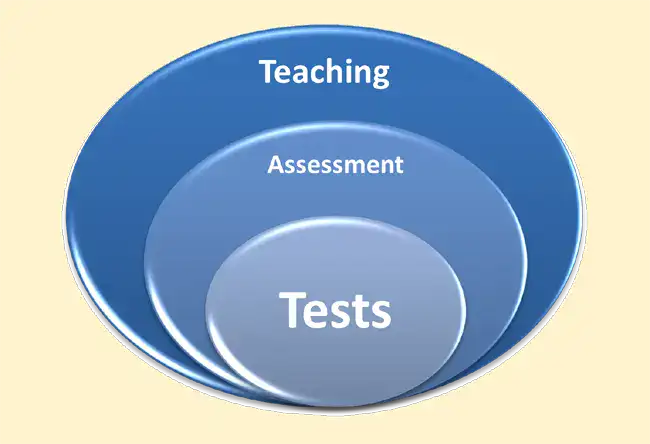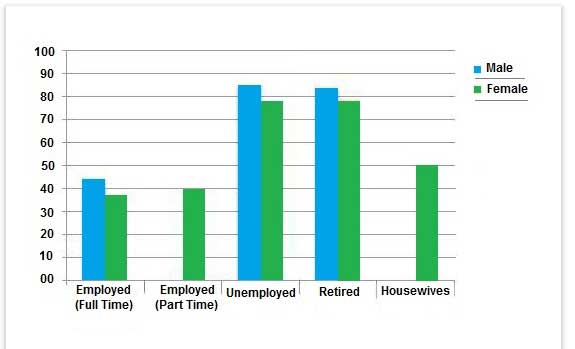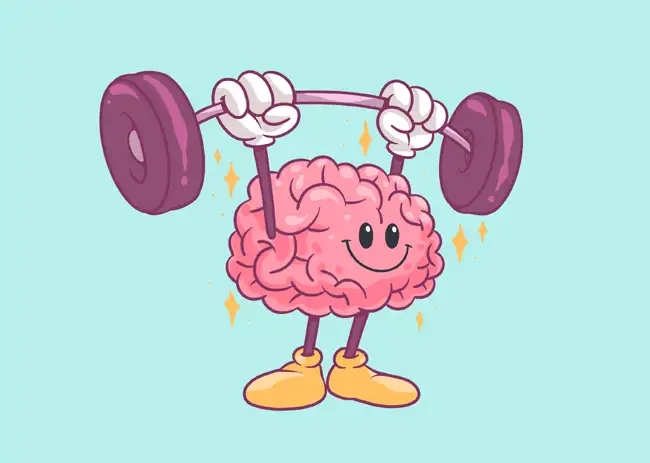Conversation Analysis | TESL Issues
Conversation Analysis Conversation Analysis Like ‘discourse analysis’, Conversational Analysis provides a tool for conducting micro-analyses of classroom discourse and, in particular, for examining the sequential development of classroom talk. CA derives from a branch of sociology-ethnomethodology. Seedhouse identified five key principles of this method of enquiry: Indexicality, i.e. the use that interactants make of shared …








